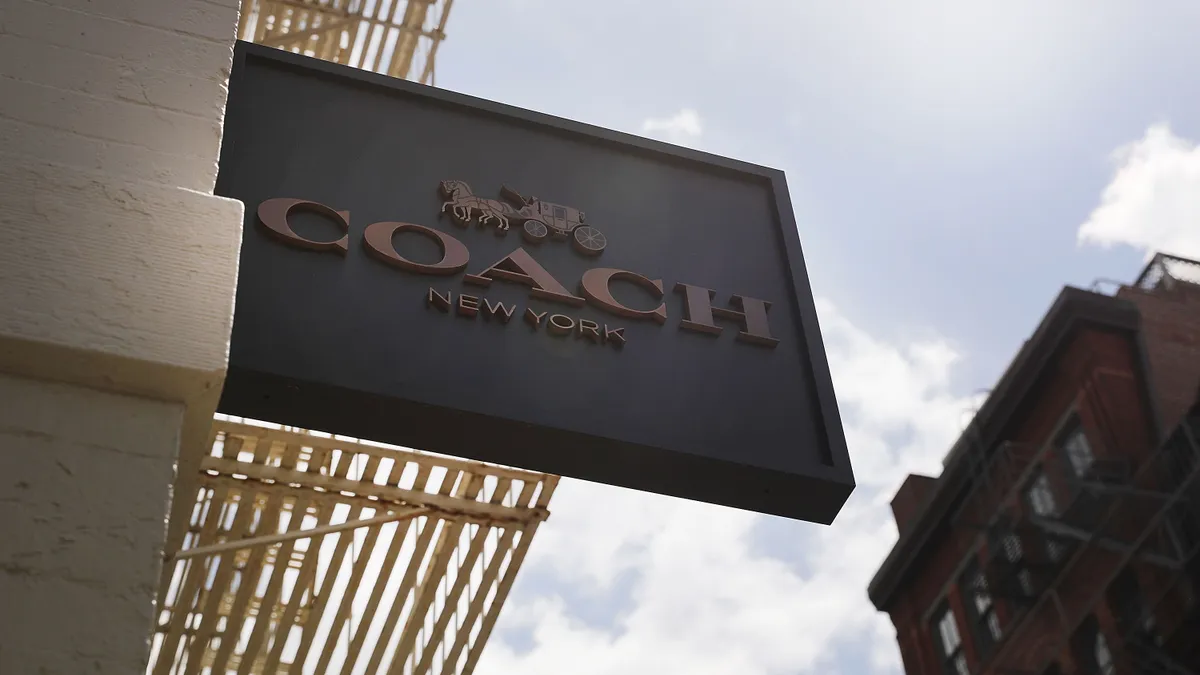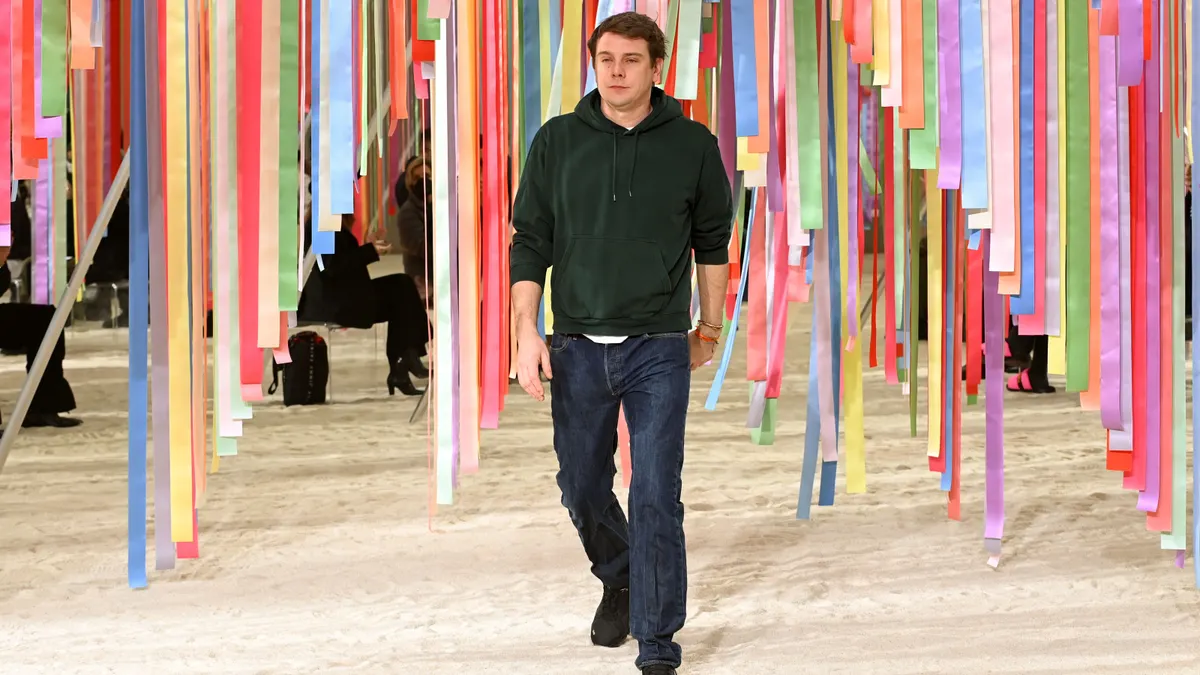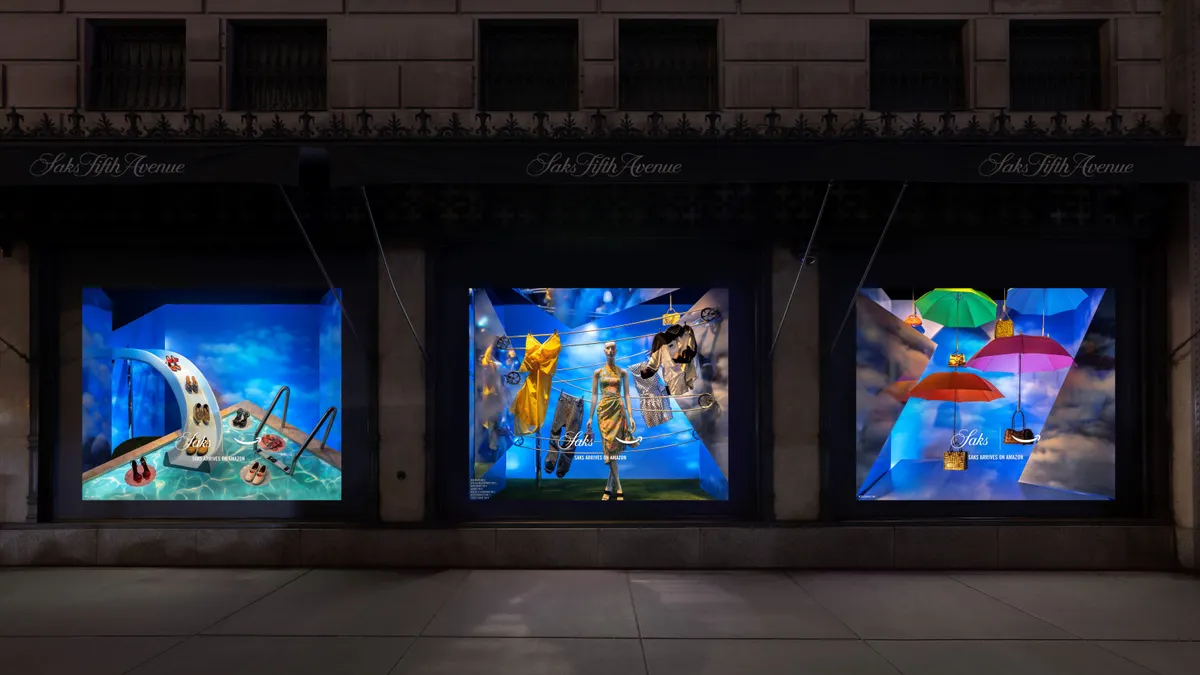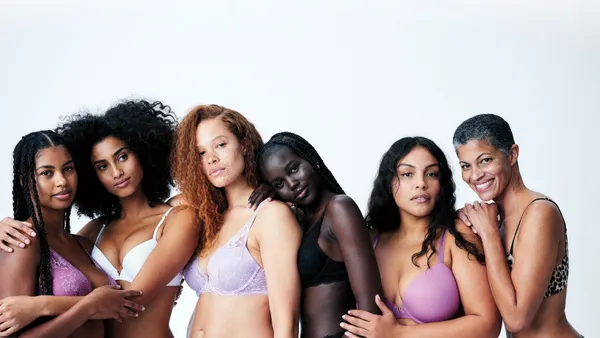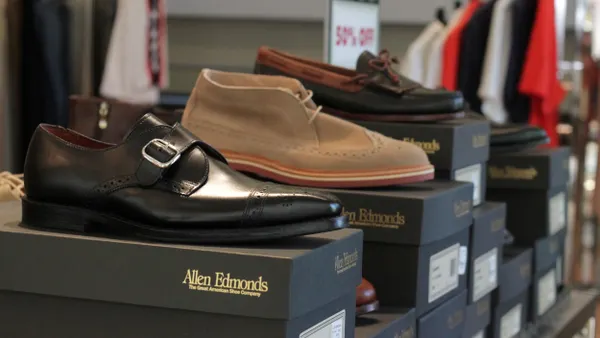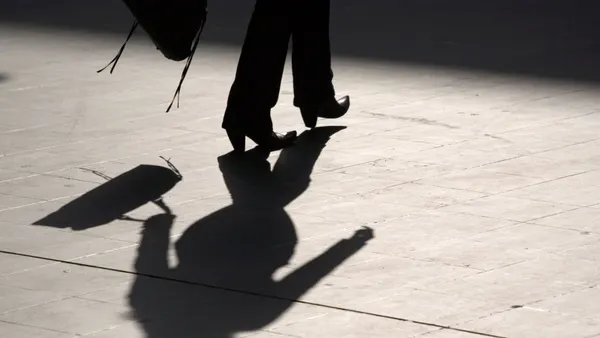Dive Brief:
- Tapestry saw a 2% revenue decline in North America for the year and an 8% decline for the same region during the fourth quarter, according to its Q4 and FY 2023 earnings report Thursday.
- The company, which owns Coach, Kate Spade and Stuart Weitzman, had net revenue that remained relatively flat at $1.62 billion, with a 1% increase year over year.
- Tapestry announced it was buying rival fashion house Capri in a $8.5 billion deal last week, but the two companies have said they will continue to operate independently before the expected transaction close in 2024.
Dive Insight:
In the fourth quarter, Tapestry sales increased a modest 1% to $1.62 billion, where North American declines offset international revenue growth of 22%, Tapestry CFO Scott Roe said in a conference call with investors. The China region represented 50% revenue growth, but European sales declined 13% compared to the same period last year.
Coach, Tapestry’s largest brand, was the highest performer during the quarter, and it showed a 3% sales increase to $1.2 billion. Kate Spade decreased sales 10% to $309 million, and Stuart Weitzman decreased 13% to $63 million.
“Coach is tracking to achieve its highest annual sales and earnings in its history,” Tapestry CEO Joanne Crevoiserat said in the company’s conference call on the earnings. “And we see tremendous runway ahead for that brand. So overall, we're excited about the opportunities we see in our current portfolio and with the potential of this acquisition.”
Crevoiserat credited the success of Coach to Tapestry’s clarifying of each brand’s market position and identifying each brand’s key customer segments, including adding new young millennial and Gen Z customers.
Tapestry is more vulnerable to middle-income consumer spending cuts than other brands because it plays in the space between high-end and accessible luxury, Neil Saunders, managing director of GlobalData, said in emailed comments.
The acquisition of Capri, which owns Michael Kors, Jimmy Choo and Versace, would make Tapestry one of the largest luxury houses in the world. The ownership of both Michael Kors and Coach would make Tapestry “the number one player in the accessible luxury handbag market in the US by a wide margin,” per Wells Fargo analysts Ike Boruchow and Will Gaertner.
To pay for the acquisition, Tapestry has $8 billion in bridge loans, and the purchase will be funded by senior notes, term loans and excess Tapestry cash, which will go to pay some of Capri’s debt.
“Tapestry is a solid business but in a tightening environment the question of where growth will come from inevitably gets raised,” Saunders said. “The answer is from the acquisition of Capri. Tapestry will hope that by applying its playbook to brands like Michael Kors, it will be able to deliver gains on the top and bottom line. This is a fair view. However, the price being paid, and the debt being taken on to fund the deal are both issues Tapestry will need to grapple with once the merger takes place.”



